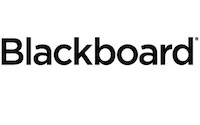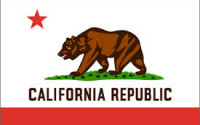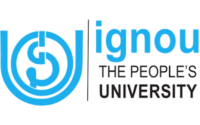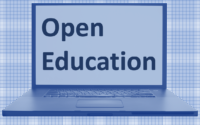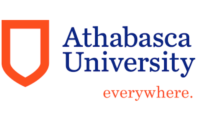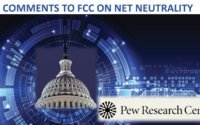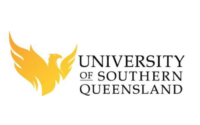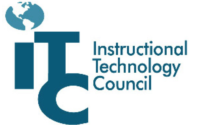
Download Report: Trends in eLearning: Tracking the Impact of eLearning at Community Colleges
Trends in eLearning: Tracking the Impact of eLearning at Community Colleges Thirteen years ago, the Instructional Technology Council’s (ITC) board of directors created this survey instrument so as to produce data of use to eLearning practitioners. The survey targeted the ITC membership of predominantly two-year institutions. After all, from the inception of online learning, the […]

